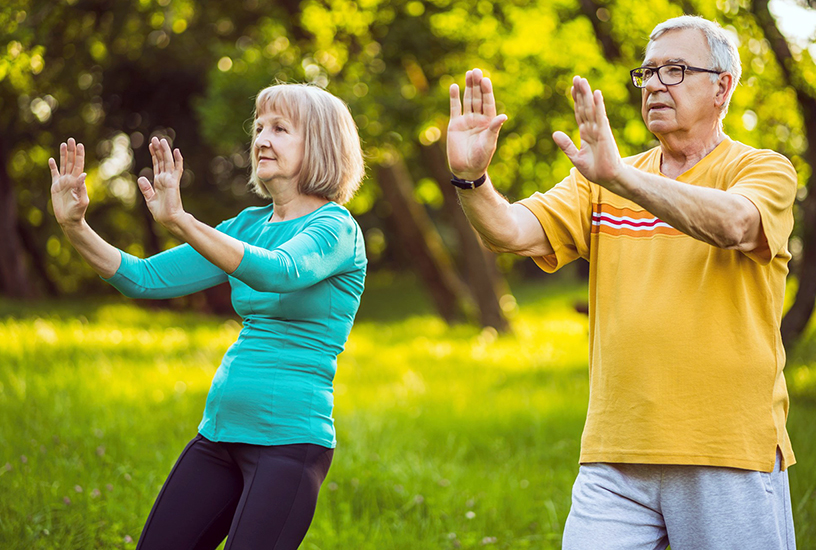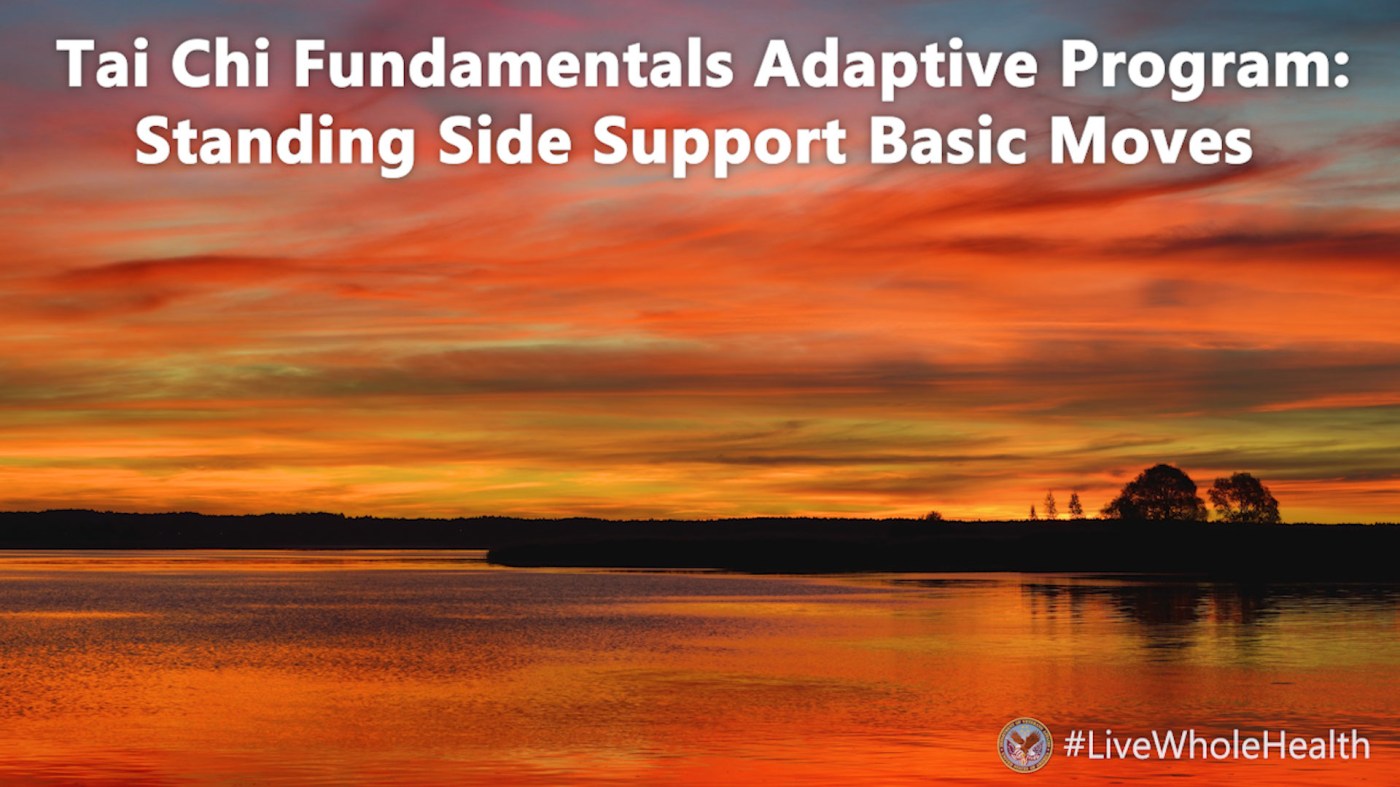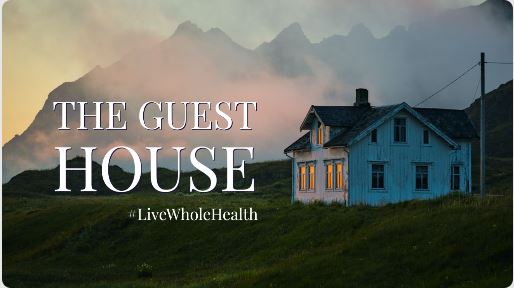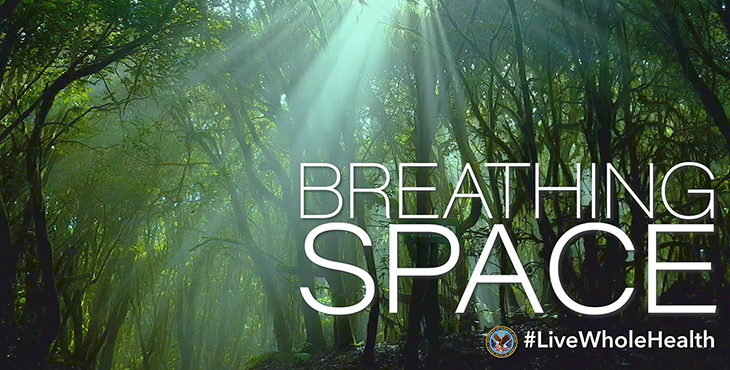Physical activity, whether done sitting or standing, uses your energy to move the large muscles in your body. Different activities produce different benefits: increasing strength, flexibility, endurance or mobility. But the benefits aren’t only physical. Movement can help energize us while also helping to reduce stress. Even a few extra minutes of activity each day has potential benefits for improving your health. An important consideration for any exercise or physical activity program is how we listen to our bodies to sense or notice how we are feeling when we do different movements.
Try this, seated or standing, with your feet planted on the floor, and then begin to just lift your heels. What do you notice? Perhaps a sensation in the calf muscles in the lower legs? Maybe you notice something else. Maybe even a lack of sensation in the calf muscles. Now lift one foot off the floor at a time with your knee bent, as though you were slowly walking in place. What do you notice now? Are your core muscles engaging? Or perhaps your quadricep muscles in your thighs? If helpful, close your eyes to really feel the sensations in the body as you move.
One way to develop this mindful awareness of the body is by engaging in complementary and integrative health (CIH) movement practices such as tai chi. Tai Chi is a gentle mind-body practice combining slow-flowing intentional movements with breathing, awareness and visualization. Rooted in the Asian traditions of martial arts, Chinese medicine and philosophy, tai chi enhances relaxation, vitality, focus, posture, balance, strength, flexibility and mood. Tai Chi can be done in a small space without any additional equipment, and movements can be done standing or seated.
Join Tai Chi Instructor Cynthia Frusha from the Central Arkansas VA Medical Center in this 11-minute standing tai chi session.
Tai Chi is one of the complementary and integrative health (CIH) approaches within the VA Whole Health System of care included in the Veterans medical benefits package when deemed clinically necessary by a Veteran’s care team.
For more information on staying physically active by the VHA National Center for Health Promotion and Disease Prevention, visit: https://www.prevention.va.gov/Healthy_Living/Be_Physically_Active.asp.
For more information and tips on Moving Your Body through the Whole Health Components of Health and Well-Being, visit: https://www.va.gov/WHOLEHEALTH/circle-of-health/moving-body.asp.
Topics in this story
More Stories
Forget 'No Pain, No Gain'—try 'No Pain, More Gain' with Tai Chi! Calm the mind and gift yourself well-being in this week's #LiveWholeHealth practice.
Rumi’s "The Guest House" invites us to welcome each emotion as a teacher, even the unexpected ones. Listen and reflect for this week's #LiveWholeHealth practice.
Your breath is the most loyal friend you've always had. Connect, calm and heal with mindful breathing in this week's #LiveWholeHealth practice.







My trainer says physical activity and exercise can enhance your health both now and in the future. Most significantly, regular exercise can help you live a better life but unfortunately, I’m unable to work out on a regular basis. I go to the gym, but I am unable to return the next day due to tiredness. So you can tell me what are the best supplements for exercise?
All the online forums do absolutely nothing for my social or spiritual wellbeing….why is the VA wasting resources offering redundant video classes that are easily found allover the internet? How about actual live recreational therapy? With other vets?
I Put in a bid to offer Taichi at the Dayton VA.
The social and spiritual wellbeing must be met too.
Video Tai Chi is OK, but not the same as feeling the energy of others and building friendships together.